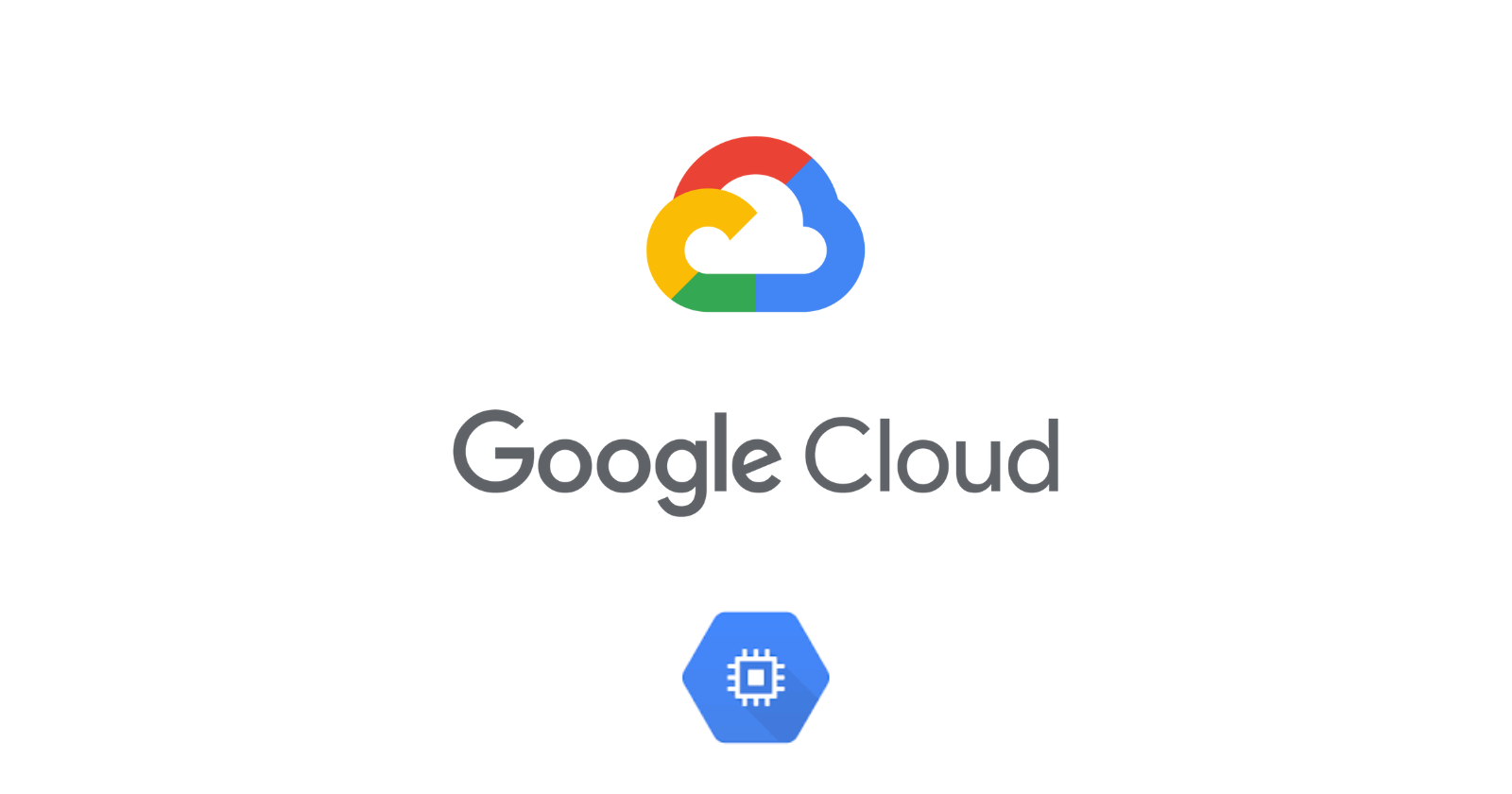Getting started with GCP Compute Engine
 Vishwas Sharma
Vishwas Sharma
GCP Compute Engine, the powerful and flexible Infrastructure-as-a-Service (IaaS) offering by Google Cloud Platform (GCP), empowers businesses to run their workloads efficiently and securely in the cloud. In this comprehensive guide, we will dive deep into the key aspects, features, and benefits of GCP Compute Engine, providing you with the knowledge you need to leverage its full potential.
Overview of GCP Compute Engine:
GCP Compute Engine provides virtual machines (VMs) in the cloud, enabling you to run your workloads with ease. It offers a reliable and secure environment for deploying a wide range of applications, from small-scale to enterprise-level projects. By seamlessly integrating with other GCP services, Compute Engine complements and enhances your cloud infrastructure.
Key Features and Capabilities:
- Virtual Machines (VMs):
VM Instance Types: GCP Compute Engine provides a variety of instance types to suit different workload requirements, including general-purpose, memory-optimized, and compute-optimized options.
Custom Machine Types: Tailor the VM configuration by selecting specific amounts of vCPUs and memory to optimize performance and cost.
Preemptible VMs: Take advantage of short-lived, cost-effective instances for non-critical workloads.
Live Migration: Enable automatic live migration of VMs to avoid disruptions during host maintenance.
- Persistent Disk Storage:
Standard Persistent Disks: High-performance, durable block storage for VMs.
SSD Persistent Disks: High-performance, low-latency solid-state drives for I/O-intensive workloads.
Local SSDs: High-speed, temporary instance storage for applications requiring high-performance local disk access.
Snapshot-based Backups: Create point-in-time backups of your disks for data protection and disaster recovery.
Networking:
Virtual Private Cloud (VPC): Create custom networks and subnets to isolate and secure your resources.
Firewall Rules: Define fine-grained access controls to protect your VMs.
Load Balancing: Distribute traffic across multiple instances for improved availability and scalability.
Cloud CDN: Accelerate content delivery with Google's global content delivery network.
Cloud DNS: Manage your DNS records with a scalable, reliable, and low-latency service.
Autoscaling:
Managed Instance Groups: Automatically scale the number of instances based on resource utilization, enabling efficient workload management.
Autoscaling Policies: Define scaling rules based on metrics like CPU utilization or request rate.
Autohealing: Automatically replace unhealthy instances to maintain application availability.
- Monitoring and Management:
Stackdriver Monitoring: Gain insights into VM performance, receive alerts, and create custom dashboards to track key metrics.
Stackdriver Logging: Collect and analyze logs from your VMs and other GCP services.
Identity and Access Management (IAM): Manage access controls and permissions for users and services.
Integration with Other GCP Services: Seamlessly connect Compute Engine with services like Cloud Storage, BigQuery, and Pub/Sub for enhanced functionality.
Networking Components:
- Virtual Private Cloud (VPC):
VPC Peering: Connect VPC networks across projects or regions.
VPN and Interconnect: Establish secure connections between your on-premises network and GCP.
Cloud NAT: Enable instances without external IP addresses to access the internet.
Cloud Armor: Protect your applications against DDoS attacks and web threats.
Security Best Practices:
Identity and Access Management (IAM) Roles: Assign appropriate roles and permissions to users and service accounts.
VPC Service Controls: Enforce security boundaries within your VPC.
Instance Hardening: Implement security measures
Links to Official GCP Docs:
https://cloud.google.com/compute/docs
Connect with me on Linkedin:
Subscribe to my newsletter
Read articles from Vishwas Sharma directly inside your inbox. Subscribe to the newsletter, and don't miss out.
Written by

Vishwas Sharma
Vishwas Sharma
Hello there! I'm Vishwas Sharma, a passionate Senior Cloud Administrator at Teradata. With a profound love for technology, I am constantly on the lookout for opportunities to expand my knowledge and stay up-to-date with the latest advancements in the industry. My expertise lies in Linux, GCP/AWS cloud, Docker, Kubernetes, and Terraform, and I find immense joy in exploring the vast potential of these technologies. Apart from my love for IT, I also make my own original Music. During my free time, I work for my own Youtube Channel named Vishwaas - Mujeeb Official. I write, produce and sing my original songs :)